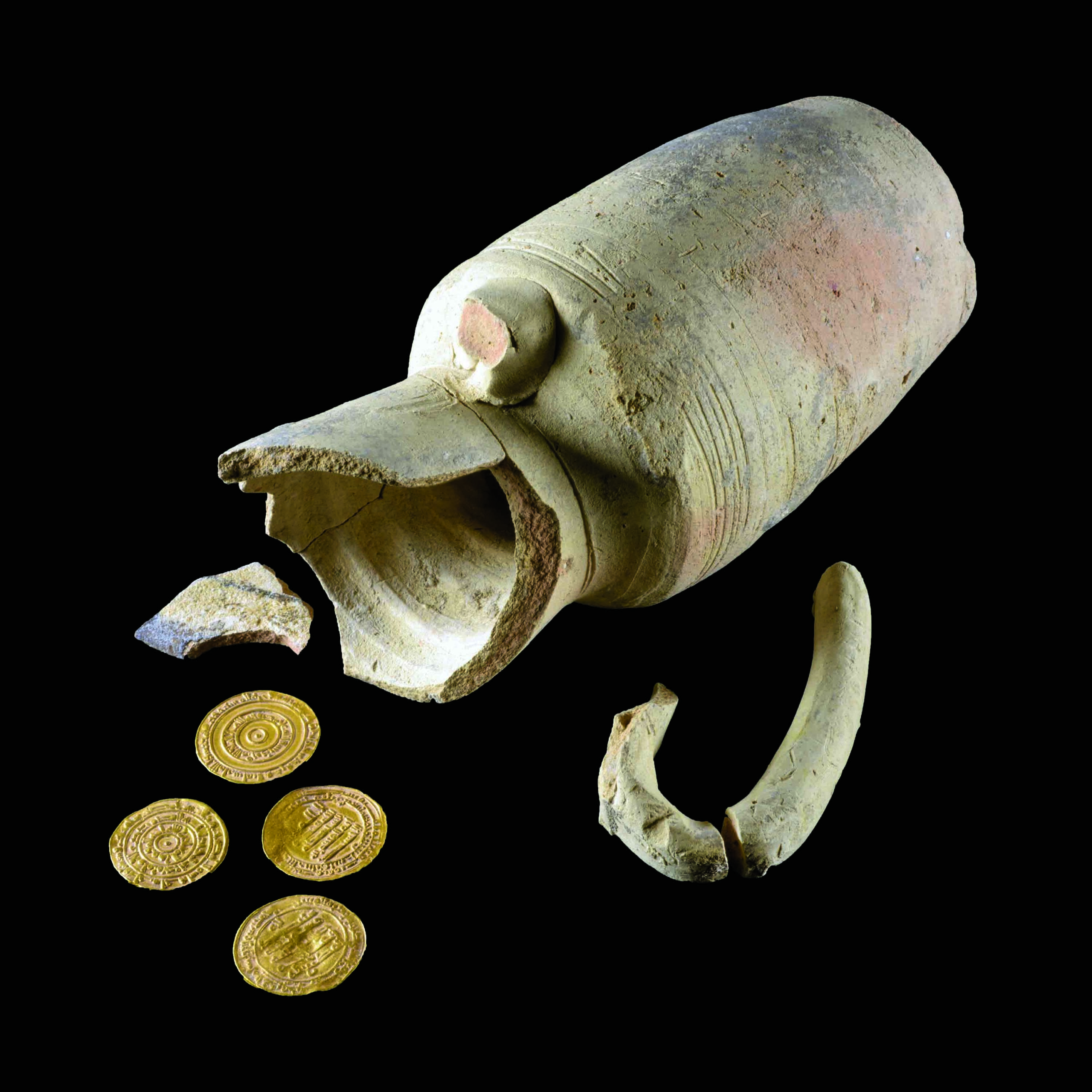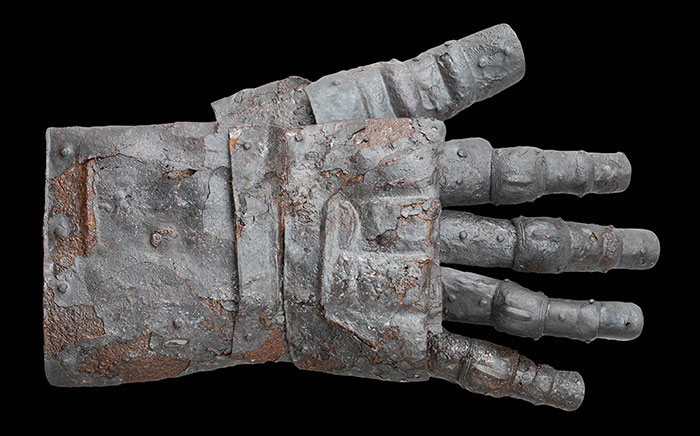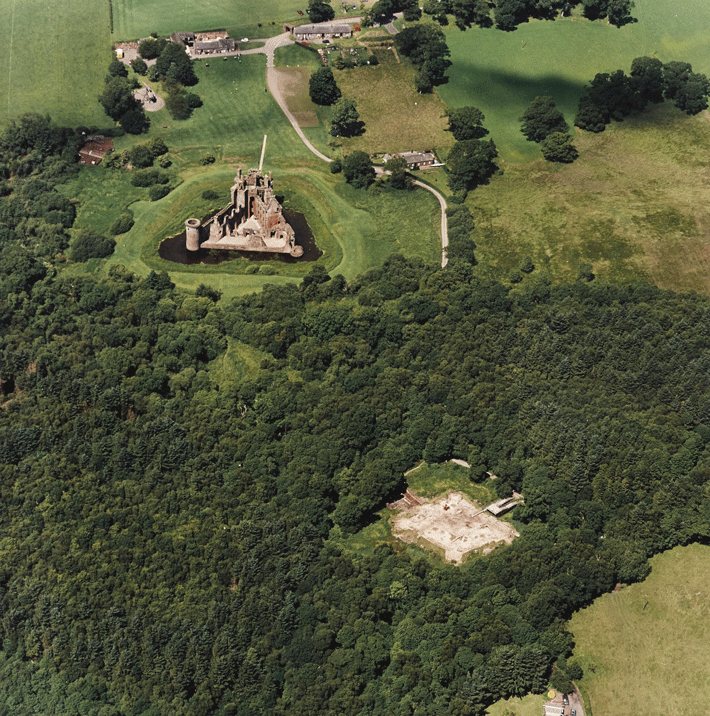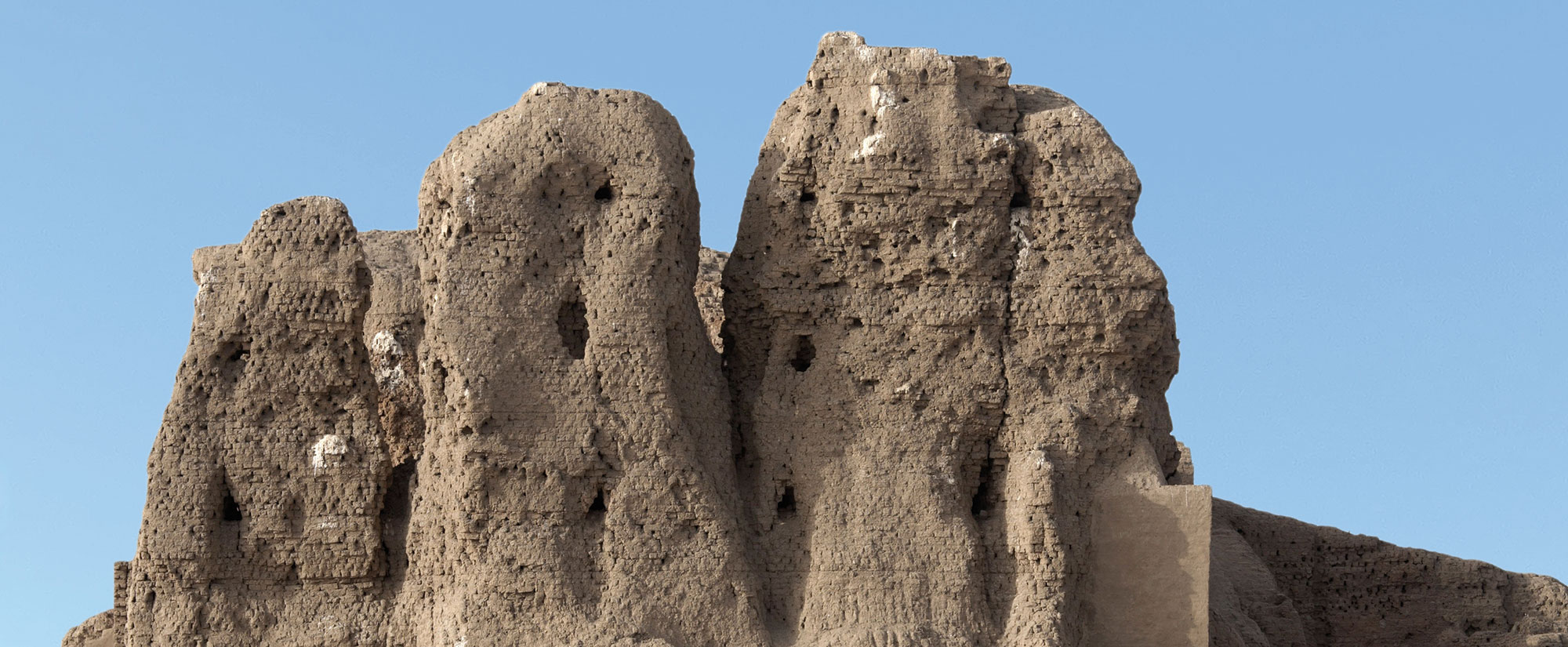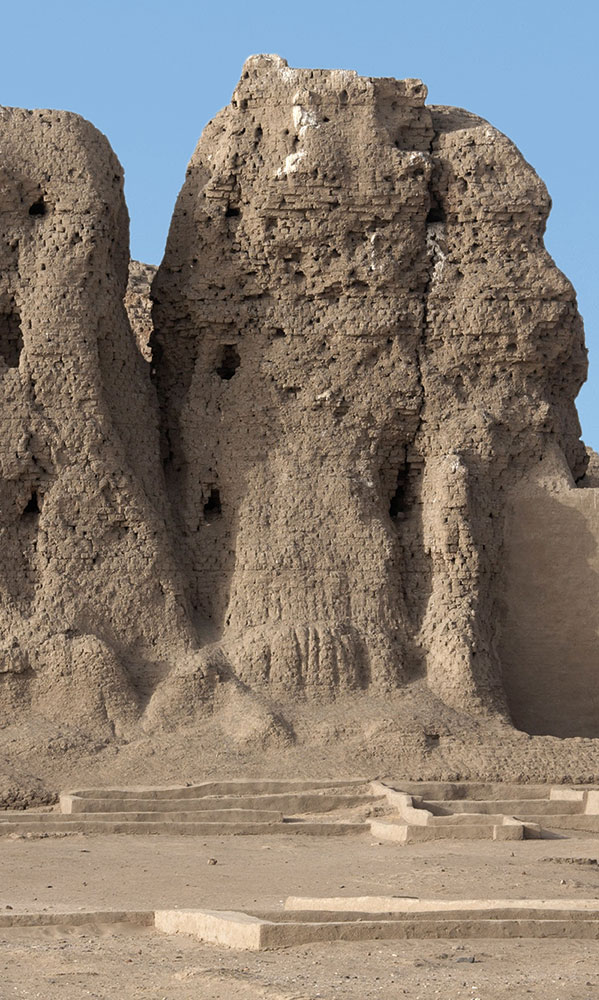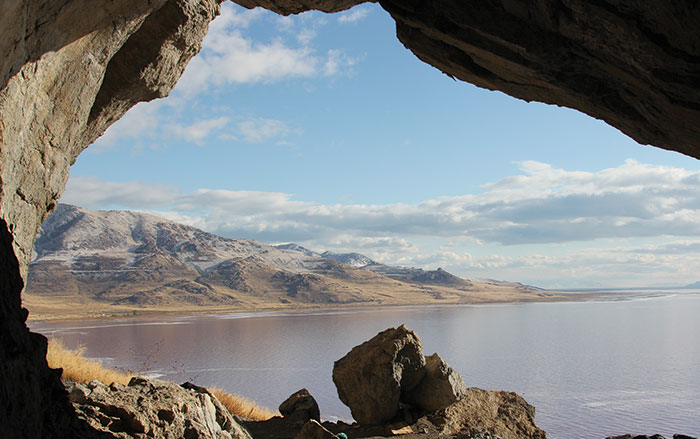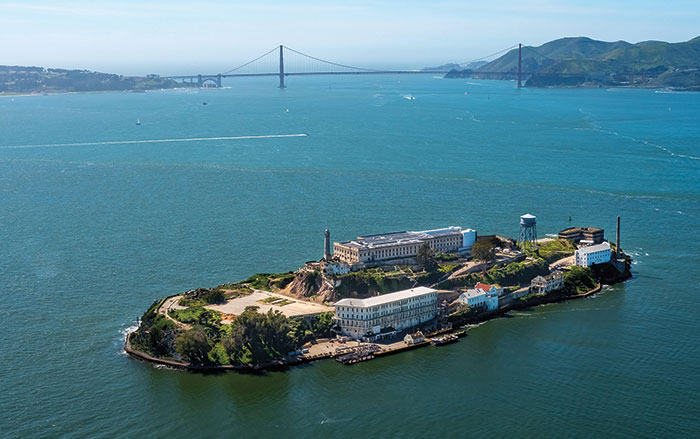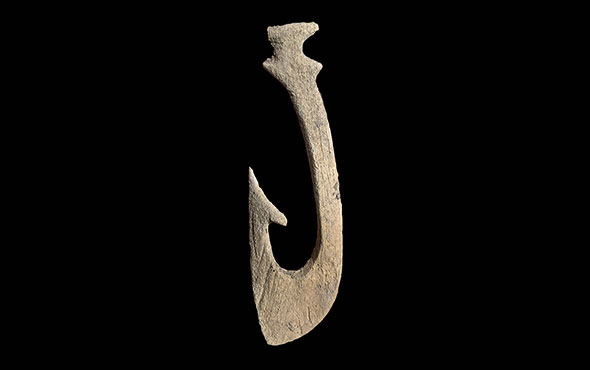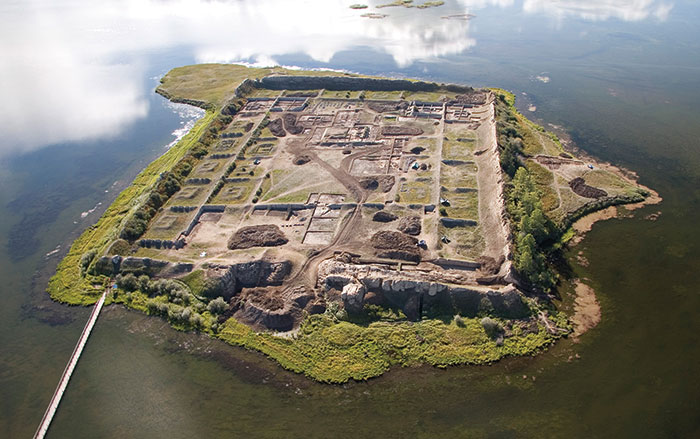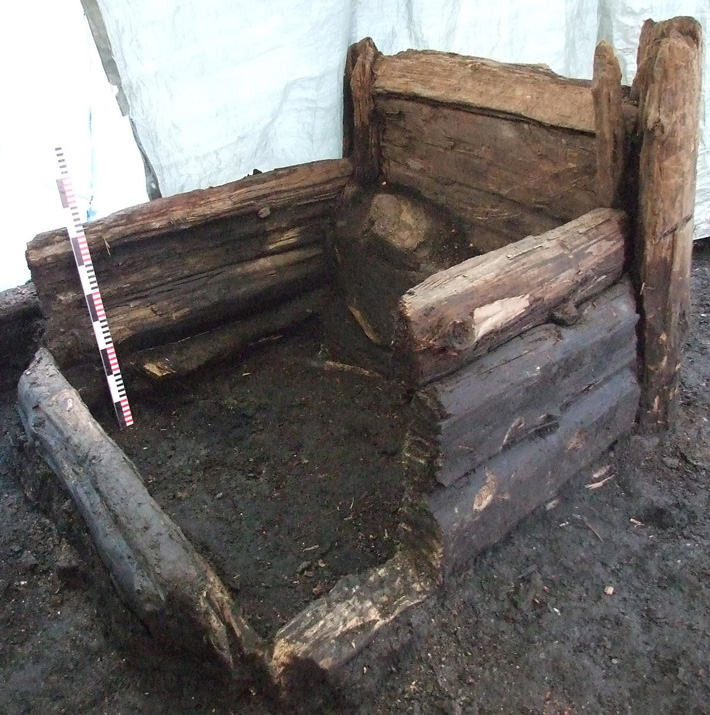
JENA, GERMANY—Analysis of microorganisms recovered from a medieval communal latrine in Jerusalem and one in Riga, Latvia, identified human intestinal bacteria from other microorganisms that live in the soil, according to a Cosmos Magazine report. “We found that the microbiome at Jerusalem and Riga had some common characteristics: they did show similarity to modern hunter gatherer microbiomes and modern industrial microbiomes, but were different enough that they formed their own unique group,” said Susanna Sabin of the Max Planck Institute for the Science of Human History. But additional studies of samples taken from cesspits at other archaeological sites dated to different time periods are needed to understand how the human microbiome has changed over time, explained ancient bacterial DNA specialist Kirsten Bos of the Max Planck Institute. Such research could help scientists understand what microorganisms made up the human microbiome before the widespread use of antibiotics and the consumption of processed foods. To read about sanitation in medieval Holland, go to "Letter from Leiden: Of Cesspits and Sewers."


